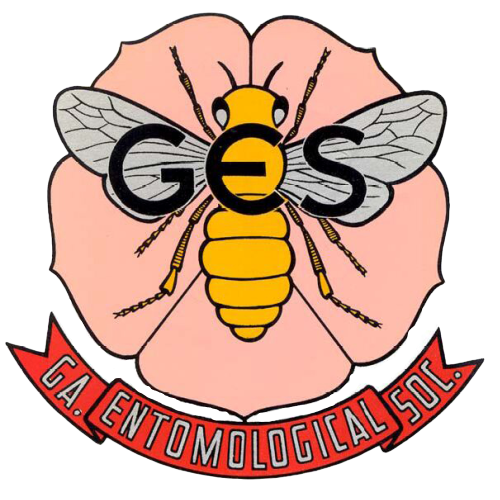Implications of Antibiosis and Antixenosis in Four Plant Species Against Oligonychus punicae (Trombidiformes: Tetranychidae)1
Oviposition and feeding of herbivorous arthropods influence the plant-arthropod interaction and determine the success in colonization and establishment on their host plant. The avocado brown mite, Oligonychus punicae Hirst (Acari: Tetranychidae), causes severe damage to several crops due to its feeding. This study proposed to evaluate the resistance mechanisms of Moringa oleifera Lamarck (Moringaceae), Phaseolus vulgaris L. (Fabaceae), Persea americana Miller (Lauraceae), and Rosa hybrida L. (Rosaceae) to the attack by avocado brown mite under laboratory conditions. The study was conducted under laboratory conditions at 28 ± 1°C and 70–80% relative humidity (RH), with a photoperiod of 12:12 h (light: dark). Oligonychus punicae females showed no preference to oviposit on M. oleifera (2.10 ± 0.05 eggs/female/day) compared with R. hybrida (2.77 ± 0.06), P. americana (2.73 ± 0.08), and P. vulgaris (3.05 ± 0.08). Females showed a preference to feed on P. vulgaris compared with other host plants. Avocado brown mite recorded the lowest values in r (0.5990 d−1) on M. oleifera foliage square. Moringa oleifera was the most resistant to O. punicae, whereas the most susceptible host plant was P. vulgaris. These results indicate possible resistance of M. oleifera to the attack of O. punicae and that those responses might be due to antibiosis and antixenosis.Abstract
Contributor Notes
